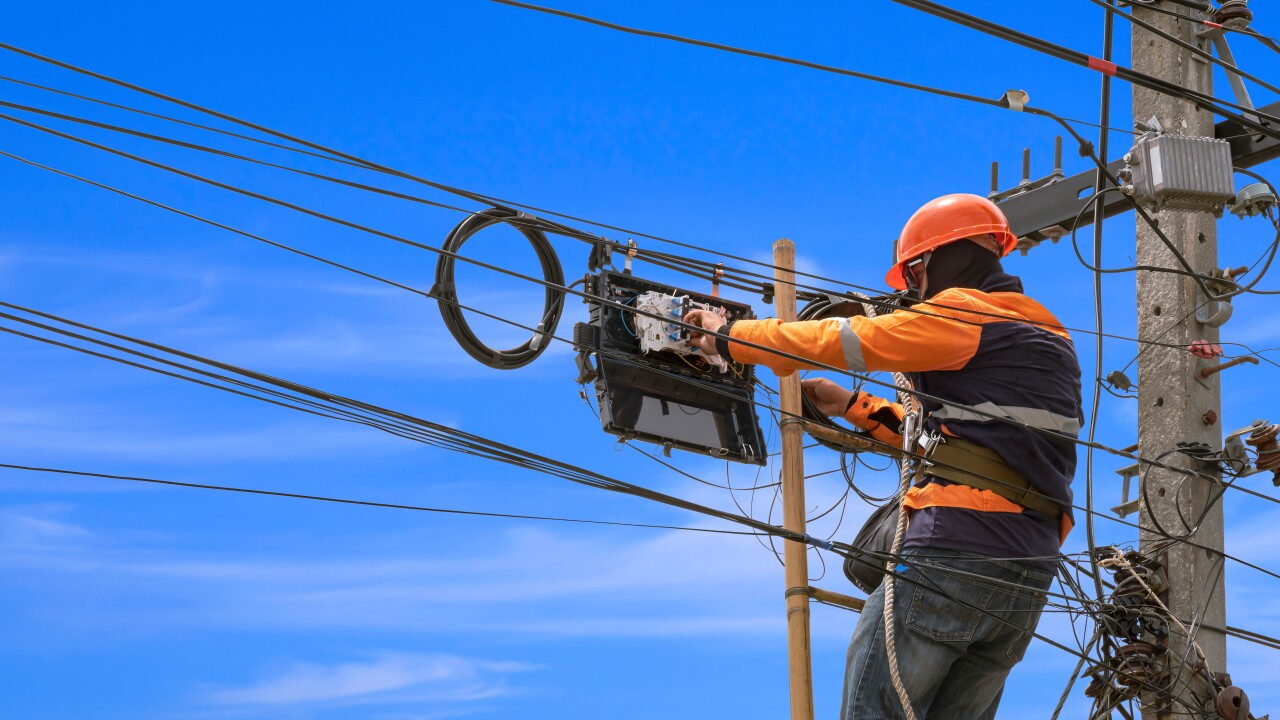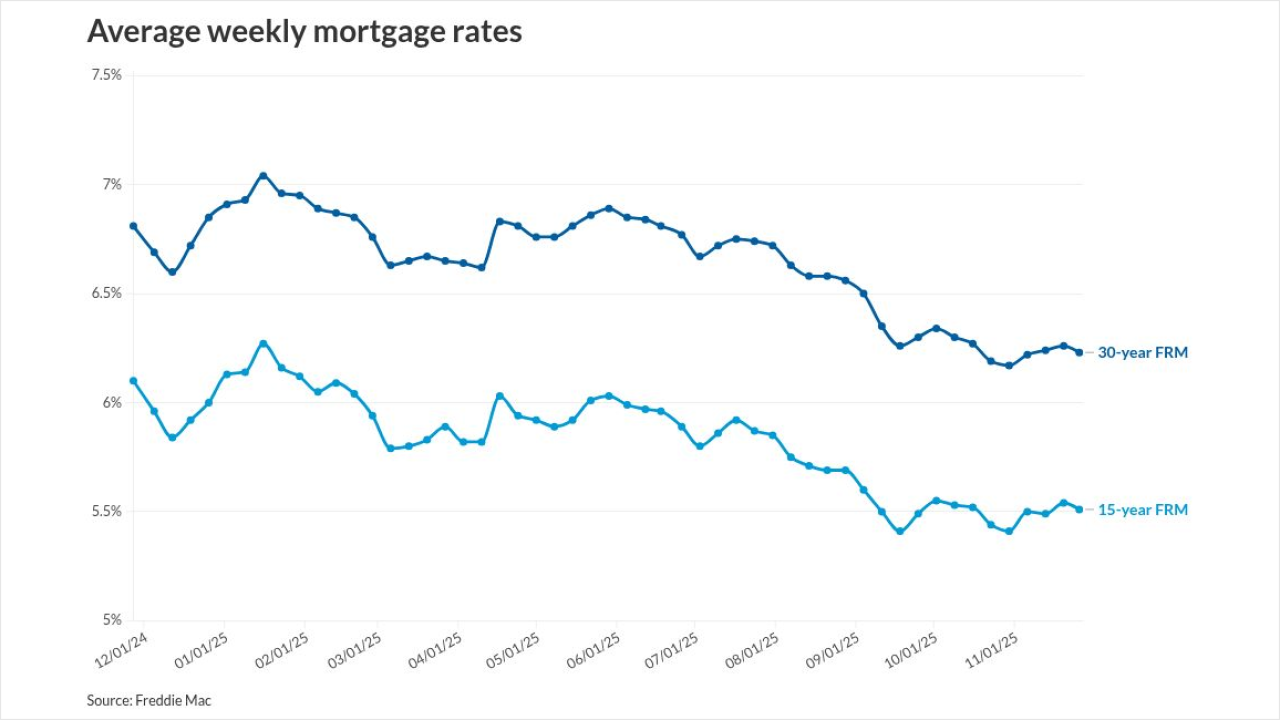Goldman Home Improvement Trust 2022 GRN2 Issuer Trust is preparing to issue $213.9 million in asset-backed securities, collateralized by a pool of consumer loans that financed home improvement products and services.
The collateral pool comprises reduced-rate, zero-interest and deferred-interest loans that third-party banks originated under the GreenSky Program, according to a pre-sale report from Kroll Bond Rating Agency. GreenSky provides the related loan servicing and collection services.
Reduced rate loans comprise a majority of the collateral in the transaction (58.3%), called GHIT 2022-GNR2, while zero interest loans (21.7%) and deferred-interest loans (20.0%) comprise the other types in the collateral pool. Most of the collateral in funded improvements are window and door installations (44.5%), HVAC and kitchen (15.3%) and bathrooms (7.36%), KBRA said.
Goldman Sachs purchased GreenSky in March 29, 2022 in an all-stock deal, after the company had gone public in May 2018, and then Goldman Sachs Bank began originating loans from the GreenSky Platform's loans shortly afterward, in August. Although Goldman Sachs Bank originates substantially all of the GreenSky Platform loans, none of those loans are included in the current GHIT 2022-GRN2 pool, the rating agency said.
Various Goldman entities play pivotal roles on the deal, such as issuer, seller and retained interest holder, plus sponsor and depositor. Wilmington Trust is custodian on the deal, meanwhile, and U.S. Bank Trust is owner trustee and grantor trust trustee on the notes.
Aside from initial credit enhancement and subordination, overcollateralization, a reserve fund and excess spread.
One feature of the deal will defer interest payments to subordinated classes of notes, in another potential layer of credit enhancement. Should a cumulative default trigger event occur, interest on all outstanding subordinated note classes could be deferred until the interest and principal on the most senior class is paid in full or the trigger is cured.
"KBRA views the mechanism for deferral of interest on the subordinated note classes as a credit positive for the outstanding senior class of notes," the rating agency said, because "these amounts are paid only after principal payments on the most senior class."
KBRA expects to assign ratings of 'AAA' on the $171.5 million, class A notes, which have initial credit enhancement of 32.2%. Otherwise, the rating agency expects to assign 'AA' to the $15.9 million, class B notes; 'A-' on the $15.2 million, class C notes and 'BBB-' on the $11.2 million, class D notes.





